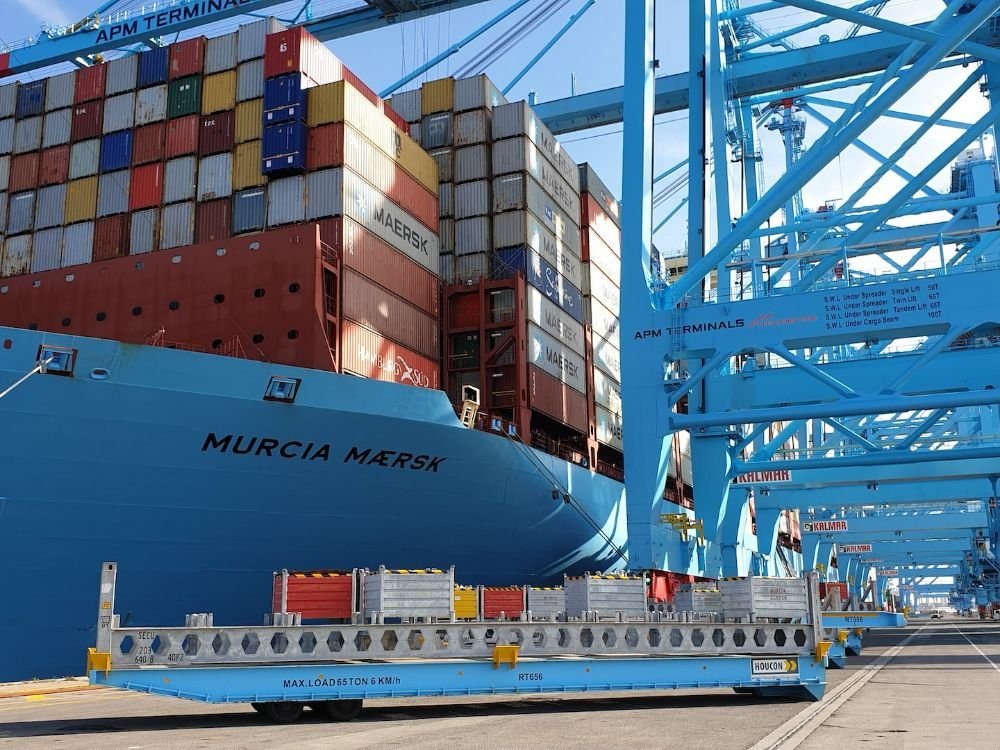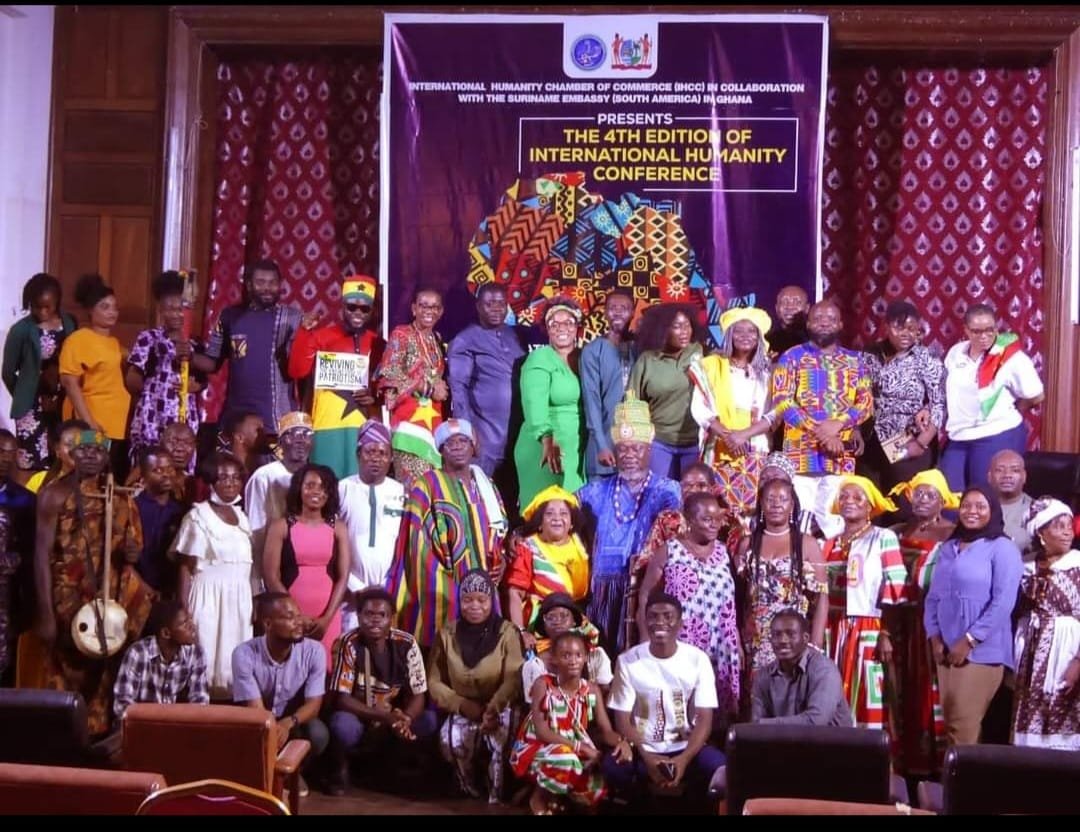
The Urgent Need for Zero Waste
Every year, humanity produces more than 2 billion tonnes of municipal solid waste. This staggering amount includes rotting food, plastic bottles, chemical-laced electronics, and much more. Unfortunately, this waste is often discarded without regard for the impact it has on our water, land, and air.
As trash decays, it releases planet-warming greenhouse gases into our atmosphere, poisons our water and soil, and causes illness, disease, and even death among people around the world. The consequences of overconsumption are clear – it’s killing us. Humanity needs an intervention to address this pressing issue.
One solution that has gained traction in recent years is the concept of zero waste. Zero waste is not just about recycling or reducing waste; it is a holistic approach that aims to eliminate waste at its source. This means rethinking our entire consumption and production systems to minimize waste generation.
Zero waste encourages the use of sustainable materials and products that can be easily recycled or composted. It promotes the adoption of circular economy principles, where resources are used efficiently and continuously, without generating waste. This shift requires a fundamental change in how we design, produce, and consume goods.
By embracing zero waste, we can significantly reduce the environmental impact of our waste. Instead of sending materials to landfills or incinerators, we can find innovative ways to reuse and repurpose them. This not only conserves resources but also reduces the need for extracting and manufacturing new materials, which often come with their own set of environmental consequences.
Furthermore, zero waste can create economic opportunities and foster innovation. It encourages the development of new technologies and business models that prioritize sustainability and resource efficiency. By investing in zero waste initiatives, countries can stimulate job growth and build a more resilient and sustainable economy.
However, transitioning to a zero waste society is not without its challenges. It requires a collective effort from individuals, businesses, and governments. Education and awareness campaigns are crucial to inform the public about the benefits of zero waste and how they can contribute to the cause.
Additionally, governments must enact policies and regulations that incentivize waste reduction and support the development of sustainable alternatives. This could include implementing extended producer responsibility programs, promoting eco-design, and providing financial incentives for businesses that adopt zero waste practices.
Ultimately, achieving zero waste is a long-term goal that requires commitment and collaboration. It requires us to rethink our relationship with waste and embrace a more sustainable way of living. By doing so, we can protect our planet, improve public health, and create a better future for generations to come.
Furthermore, the Advisory Board on Zero Waste recognizes the importance of education and awareness in driving change. They believe that by educating individuals about the benefits of zero waste practices and providing them with the necessary tools and resources, they can empower people to make sustainable choices.
To achieve their goals, the Advisory Board on Zero Waste has been collaborating with various stakeholders, including environmental organizations, businesses, and community groups. Together, they are developing strategies and initiatives to promote zero waste practices and create a more sustainable future.
One of the key initiatives that the Advisory Board on Zero Waste is working on is the establishment of recycling centers and composting facilities in communities. These facilities will provide residents with convenient and accessible options to dispose of their waste responsibly.
In addition, the Advisory Board on Zero Waste is advocating for the implementation of policies and regulations that support the transition to a zero waste society. They are working closely with lawmakers and government officials to develop legislation that encourages businesses to adopt sustainable practices and incentivizes consumers to make eco-friendly choices.
Another area of focus for the Advisory Board on Zero Waste is research and innovation. They are actively supporting and funding research projects that explore new technologies and processes for waste management and recycling. By investing in research and innovation, they aim to find more efficient and sustainable solutions to the waste problem.
The Advisory Board on Zero Waste understands that achieving zero waste is a complex and long-term endeavor. However, they remain committed to their mission and continue to work towards a future where waste is minimized, resources are conserved, and the environment is protected.
A Global Effort to End Plastic Pollution
One of the most pressing issues in the realm of waste management is plastic pollution. Plastic waste poses a severe threat to our environment, particularly our oceans and marine life. The devastating impact of plastic pollution on the planet has prompted a global call to action. Governments, organizations, and individuals around the world are joining forces to address this crisis and find sustainable solutions.
The urgency to tackle plastic pollution has led to the proposal of a legally binding treaty. This treaty aims to establish a comprehensive framework that will guide nations in their efforts to reduce, manage, and ultimately eliminate plastic waste. The treaty would require countries to implement effective waste management systems, promote recycling and reuse, and encourage innovation in sustainable packaging alternatives.
While progress has been made in some regions, the scale of the problem demands a coordinated global response. International partnerships and collaborations are crucial in sharing knowledge, best practices, and resources. Governments, businesses, and civil society organizations are working together to develop innovative strategies to reduce plastic consumption, improve waste management infrastructure, and raise awareness about the importance of responsible plastic use.
Furthermore, individuals play a vital role in the fight against plastic pollution. By making conscious choices in our daily lives, such as using reusable bags, bottles, and utensils, we can significantly reduce our plastic footprint. Education and awareness campaigns are essential in empowering individuals to make sustainable choices and inspiring collective action.
On this Zero Waste Day, let us all pledge to end the destructive cycle of waste once and for all. Together, we can make a difference and create a sustainable future for generations to come. By supporting initiatives that promote a circular economy and investing in research and development of eco-friendly materials, we can pave the way for a world free from plastic pollution.




























